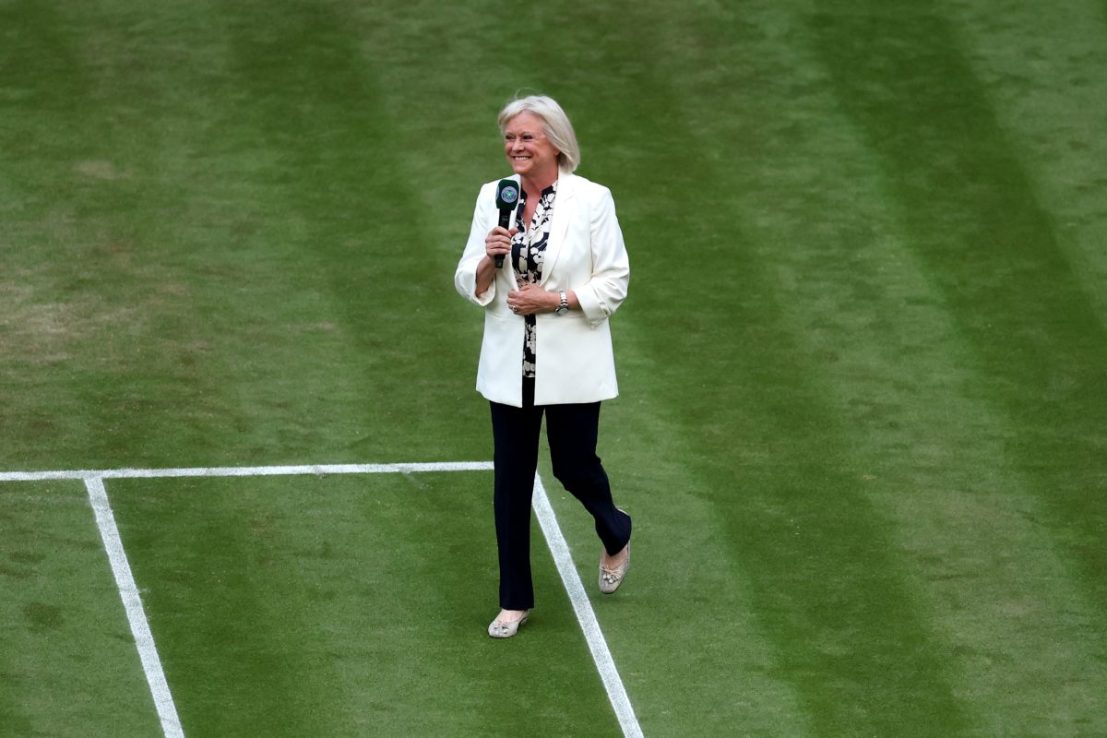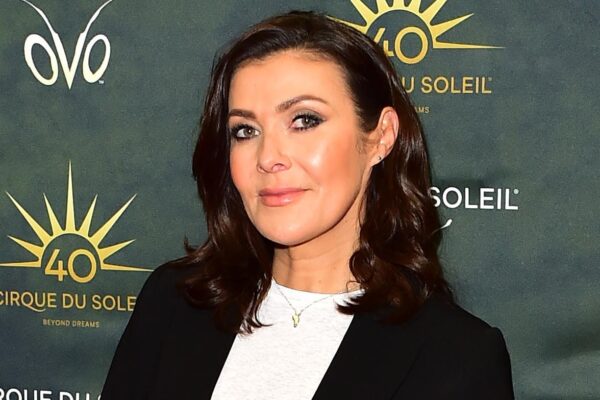
Introduction
Sue Barker is a name synonymous with British tennis and television. As a former professional tennis player and a beloved television presenter, her contributions to both fields are significant. With a career spanning more than four decades, Barker’s journey from Wimbledon champion to a household name in the UK has captivated audiences and inspired many young athletes. Her recent farewell from the BBC’s ‘A Question of Sport’ has prompted discussions about her influence on sports broadcasting and her role in promoting tennis in Britain.
Professional Tennis Career
Barker’s rise to prominence began in the 1970s, with her most notable achievement being the singles title at the 1976 French Open. This victory marked her as one of the top players of her time, earning her a place in the hearts of tennis fans. Over her career, she also reached the quarter-finals at Wimbledon, proving her prowess on the grass courts, and represented Great Britain in the Fed Cup. Barker’s determination and sportsmanship have left a lasting legacy in the sport.
Transition to Broadcasting
After retiring from competitive tennis in 1983, Barker transitioned into a successful television career. She became the face of sports commentary in the UK, best known for her role as the host of ‘A Question of Sport’ from 1997 to 2022. Her insightful commentary and ability to engage with both guests and audiences have made the show a staple of British entertainment. Barker’s background as a professional athlete allowed her to bridge the gap between sports and television, creating a unique perspective that resonated with viewers.
Recent Developments and Future Outlook
In July 2022, Sue Barker announced her departure from ‘A Question of Sport’. Her exit marks the end of an era for the programme and underscores her significance as a cultural touchstone in British sports television. Barker has expressed plans to remain involved in sports, particularly in promoting tennis among younger generations. With the UK set to host high-profile tennis events, including Wimbledon, her voice will continue to resonate in the sporting community.
Conclusion
Sue Barker’s impact on tennis and broadcasting in the UK is undeniable. As fans and colleagues bid her farewell from the screens, her legacy continues to inspire future generations. Barker’s journey reminds us of the transformative power of sports and the importance of representation in athletic pursuits. As she explores new avenues in her career, many look forward to seeing how she continues to contribute to the world of sports and beyond.
You may also like

The Journey of Chris Mason: A Prominent Broadcaster in the UK

Kym Marsh: A Journey Through Entertainment and Achievement

Meet the Cast of ‘His and Hers’: A Romantic Comedy Delight
SEARCH
LAST NEWS
- Remembering Wendy Richard: The Promise to Co-Star Natalie Cassidy
- How Did Anglian Water Achieve an ‘Essentials’ Rating for Mental Health Accessibility?
- Shai Hope Leads West Indies in T20 World Cup Clash Against South Africa
- What We Know About Weston McKennie: Future at Juventus and Past at Leeds
- What We Know About the Upcoming Live Nation Antitrust Trial